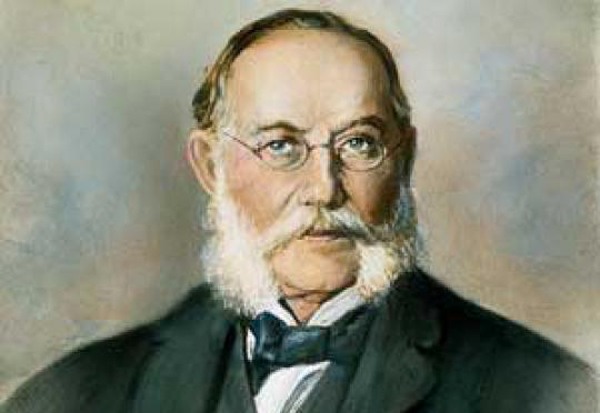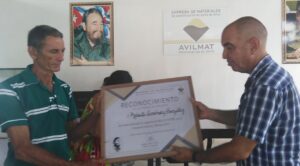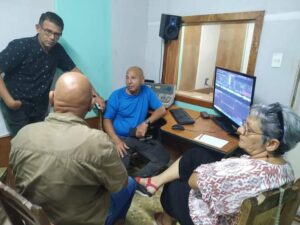Health sector workers in Cuba and the region are celebrating today the Day of Latin American Medicine, in homage to the birth of the Cuban scientist Carlos Juan Finlay y Barrés (1833-1915), discoverer of the agent that transmits yellow fever.
Dr. Finlay, the most profound and intense researcher of this disease, concluded that between an infected subject and a healthy one, there was an independent agent that transmitted it, and was able to identify the Aedes aegypti as the biological vector, highlights the Pan American Health Organization website.
His victory was to be hidden by the United States in favour of the American Walter Reed, who in 1901 presided over the fourth American commission that came to Cuba precisely to «prove» in situ that yellow fever had a bacterial origin and that Finlay was therefore mistaken.
The Cuban doctor had been in that country in February 1881 to present his work «The mosquito hypothetically considered as the agent of yellow fever transmission», and had been ignored.
However, opposition to recognising Reed as the true discoverer became clear when France decided to award Finlay the official order of the Legion of Honour in 1911, and England the Mary Kinsley medal, awarded in the world only to the scientists Mauson, Ross and the brilliant Koch, discoverer of the tuberculosis bacillus.
Likewise, the XIV International Congress on the History of Medicine, held in Rome in 1954, ratified the Cuban as the only discoverer of the transmitting agent of yellow fever and the application of his doctrine in the sanitation of the tropics.
Two years later, the same meeting, held in Spain, agreed to carry out an intense campaign so that textbooks, encyclopaedic dictionaries and the media would not attribute to other people the glory that rightfully belonged to him.
Finlay was nominated seven times for the Nobel Prize in Medicine, but the United States always objected. In the 1950s, the historical truth was finally clarified and Latin American Medicine Day was established in recognition of the Cuban.
On 25 May 1981, Unesco instituted the Carlos J. Finlay International Prize for the first time, to recognise advances in microbiology, and included the scholar in its magazine as one of the six most outstanding microbiologists in world history.
To commemorate this date, a Day of Homage to the Health Worker is held in Cuba, which begins on 22 November with the Day of the Pharmacist.
The day before, at the headquarters of the Cuban Ministry of Public Health (Minsap), professionals were recognised for their dedication and commitment during the country’s electro-energy contingency and in the recovery phase after hurricanes Oscar and Rafael, according to the Minsap website.
This Monday at @MINSAPCuba we commemorated the Day of Latin American Medicine, where we recognised outstanding workers of our centre for their dedication in such complex times, with many challenges,» wrote Minister José Ángel Portal in his account on X. «Thank you all for always accompanying the defence of life!




